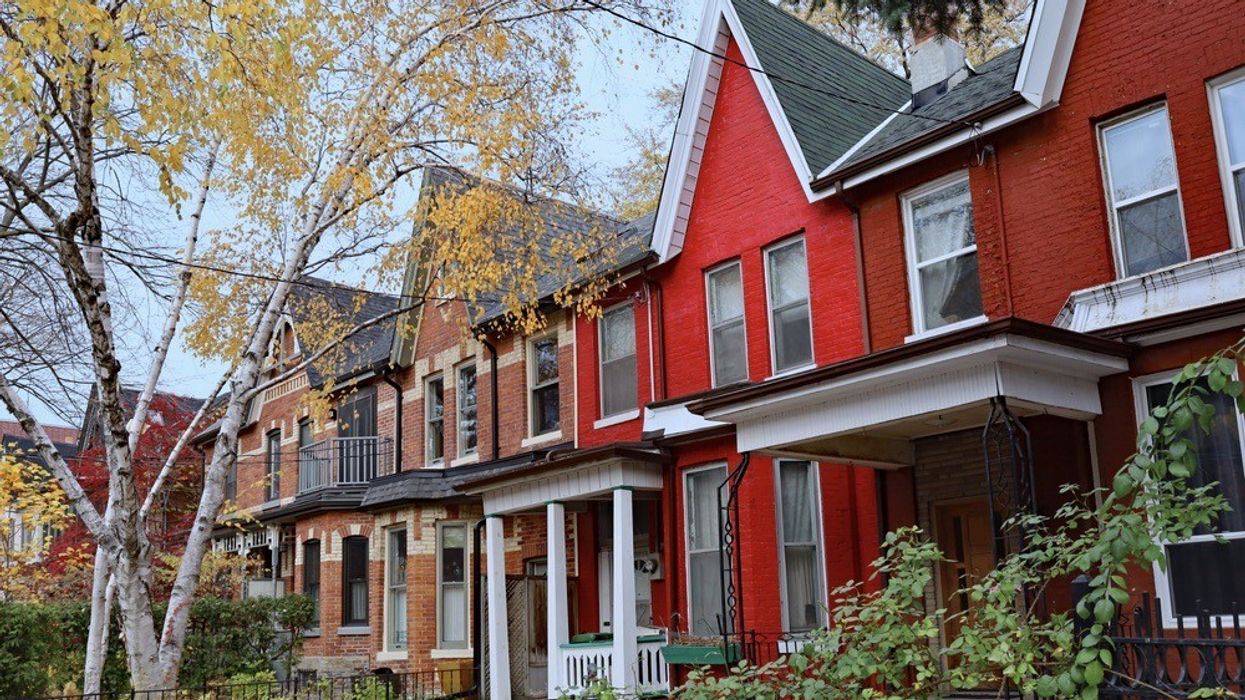Several major Canadian markets saw a jump in the number of new home listings in February -- a welcomed shift from the increasingly sparse inventory that's plagued markets all across the country.
A new report from RBC found notable increases in new listings month-over-month, particularly in Calgary and Edmonton where "a wave of properties put up for sale set the stage for the strongest number of transactions ever recorded in a February."
"Should a critical mass of current homeowners see the coming months as an opportune window to list their property—now that interest rates are on the rise and ahead of potential policy actions targeting speculators—it would ease some of the supply restraints, both boosting near-term activity and reducing some of the pressure of prices," the report reads.
Despite this February spike, Canadians are still facing limited supply, meaning prices have not yet gotten off their upward trajectory. Increases were greatest in the Fraser Valley, Toronto, and Vancouver, up from the already high prices seen in January.
Toronto
Toronto's composite MLS Home Price Index shot up another 6.4% in February -- an increase of more than $80,000 in just one month. The city's benchmark price now sits at $1.34M -- the highest out of any city in Canada, having surpassed Vancouver in January.
The appetite for homes in Toronto has not subsided. In fact, resales climbed 5.9% month-over-month in February, making it the second-busiest for the month on record, behind February 2021.
READ: The Average Detached House in Toronto Has Officially Crossed the $2M Mark
"We expect higher interest rates will cool down demand in the area over time," the report reads. "The Toronto area’s sky-high price points and strong presence of investors make the market especially sensitive to rising interest rates."
Montreal
Montreal's real estate market has seen moderate activity compared to Canada's other major cities in the past few months -- something RBC attributes to softening demand in the midst of deteriorating affordability. Although new listings were up in February, there was a decline in the number of resales compared to January, suggesting some buyer fatigue.
But that hasn't stopped prices from going up, particularly in the suburbs of Laval and the North Shore where some of the strongest gains were seen.
"With suburban prices still running at 16% to 30% discounts to Island prices, we expect these dynamics to continue in the near term," the report says.
Vancouver
Although no longer Canada's priciest housing market, Vancouver's composite MLS Home Price Index is still very much on the rise. It rose 4.6% in February -- or more than $58,000 -- to $1.31M. Year-over-year, there's been a 20.8% or $226,000 gain.
"Buyers clearly face an extremely challenging situation," the report says. "Higher interest rates will make things even more difficult for many, further crushing affordability in the period ahead. We expect this will gradually suppress demand later this year and contribute to the market rebalancing."
Vancouver did see a 12% uptick in home listings, but there was also a slowing of sales, with RBC estimating a 6% drop in resales. This, the bank says, could be a first step towards a more balanced demand-supply condition.
Calgary
There was no slowdown in sales in Calgary last month. In fact, the city's sales soared 19% from January's numbers, with 3,300 transactions taking place -- the strongest February ever on record. This is in large part thanks to a surge of new listings, up roughly 69% from January.
"It provided many buyers the options they had been seeking for some time amid shrinking inventories," the report says.
But many of these new listings came with steeper price tags. In February, Calgary's composite MLS Home Price Index rose 5.9% month-over-month -- a $27,000 increase -- demonstrating that the wave of new listings was not enough to fix the supply shortage.





















